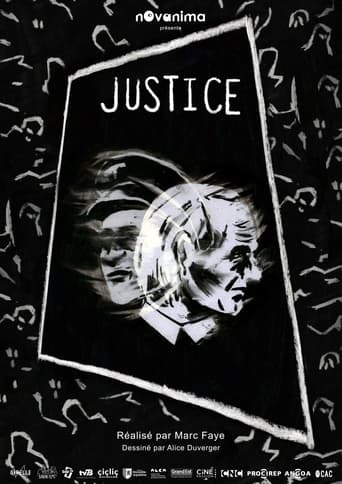
27 Apr 2021

Justice
No overview found
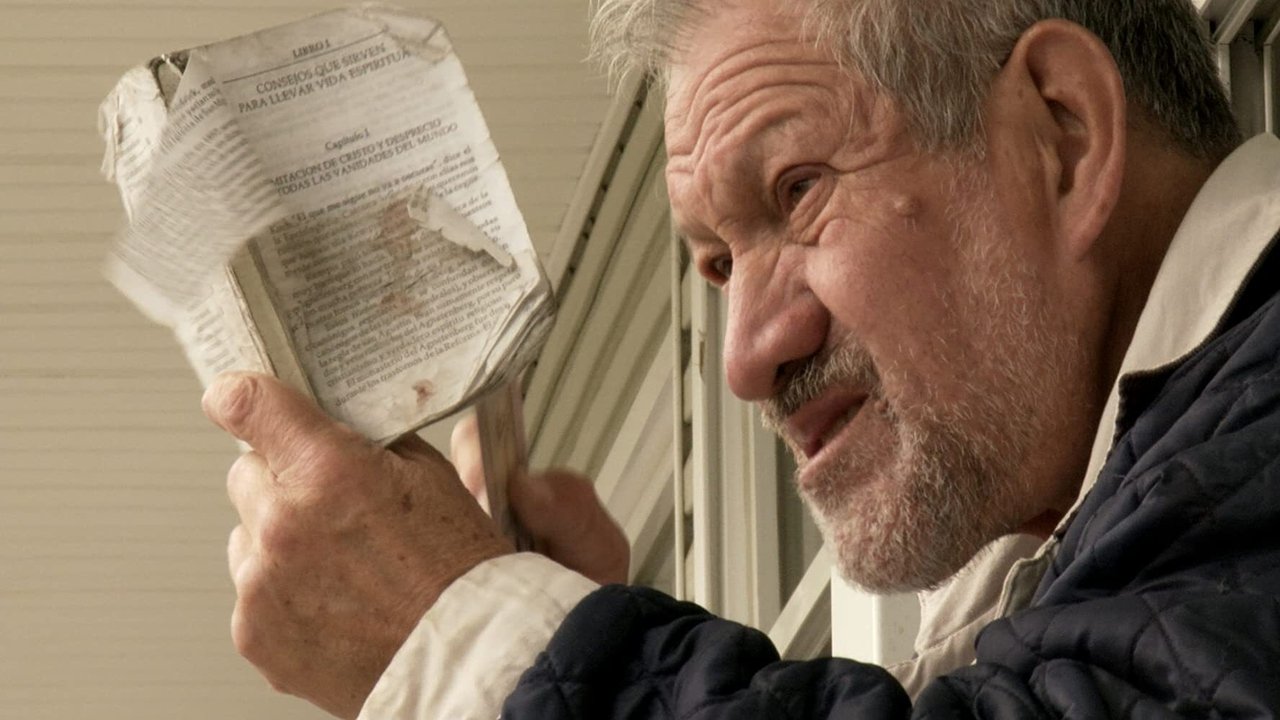
Behind every social movement, there is a man willing to die.
On February th 1970, Carlos Castañeda de la Fuente tried to assassinate the Mexican President to avenge the Tlatelolco massacre from October 2nd 1968, defying the most repressive regime in the contemporary Mexican history. Forty years later, this failed avenger survived the system´s disproportionate retaliation, only to wander Mexico City´s streets as a vagrant.
Himself
Himself
Himself
Trabajadora Social
Periodista Programa Realidades
Director of Federal Bureau
Abogada
Ward's 5 Director
Enfermero Psiquiátrico

27 Apr 2021

No overview found
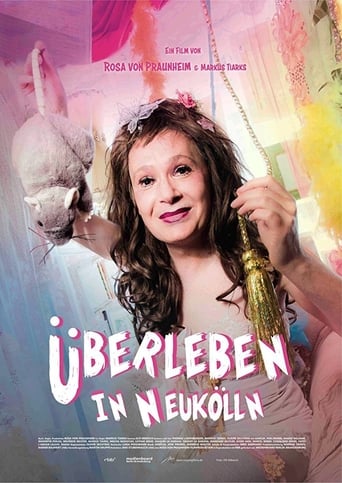
23 Nov 2017

About Stefan Stricker, who calls himself Juwelia and has been running a gallery on Sanderstraße in Berlin Neukölln for many years. Every weekend he invites guests to shamelessly recount from his life and to sing poetic songs written with his friend from Hollywood Jose Promis. Juwelia has been poor and sexy all her life, has always struggled for recognition, but only partially.
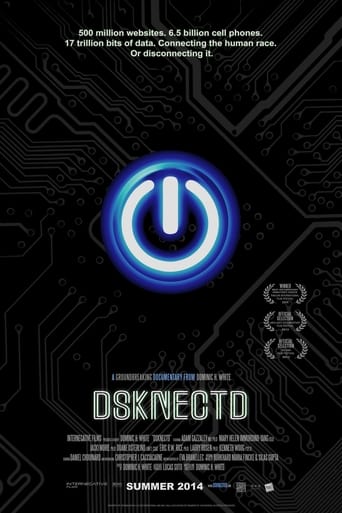
11 Oct 2013

As clichés go, in 1999 the World as we knew it was about to change - and we'd been expecting it. Since childhood we'd been promised that the 21st century would bring us dramatic new technologies like flying cars and Utopian cities. Instead it bought us the smart-phone, social media, and virtual societies. And as it turns out these technologies began to transform society almost as dramatically as the moon colonies we'd been expecting. Now over a decade into the revolution, 'DSKNECTD' explores how digital communication technology is profoundly changing the way we interact and experience each other - for the good and for the bad.

03 Mar 1978

The film does not have a plot per se; it mixes documentary footage, along with standard movie scenes, to give the audience the mood of Germany during the late 1970s. The movie covers the two-month time period during 1977 when a businessman was kidnapped and later murdered by the left-wing terrorists known as the RAF-Rote Armee Fraktion (Red Army Fraction). The businessman had been kidnapped in an effort to secure the release of the original leaders of the RAF, also known as the Baader-Meinhof gang. When the kidnapping effort and a plane hijacking effort failed, the three most prominent leaders of the RAF, Andreas Baader, Gudrun Ensslin, and Jan-Carl Raspe, all committed suicide in prison. It has become an article of faith within the left-wing community that these three were actually murdered by the state.
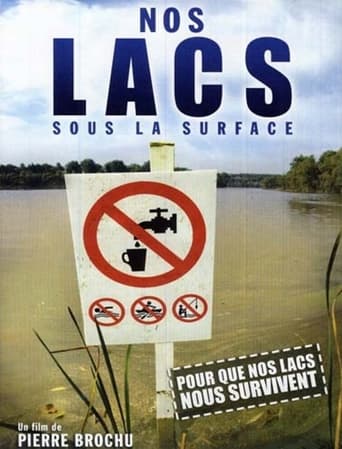
01 Jan 2008

In Quebec, the lakes we love and take for granted are quickly perishing, as highlighted by the proliferation of aquatic plants and algae in our water bodies. With images of lakes and dozens of interviews, the documentary points the finger at those responsible for this decline.
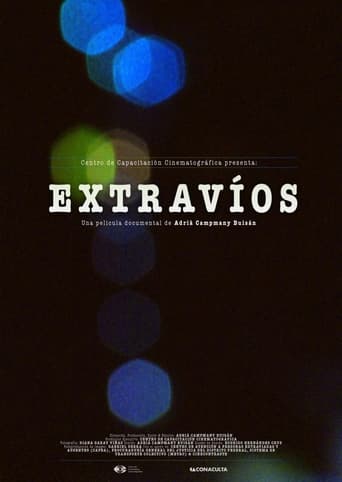
01 Jan 2010

No overview found
31 Dec 1950
A short documentary about the construction of the parisian subway in the 50s.
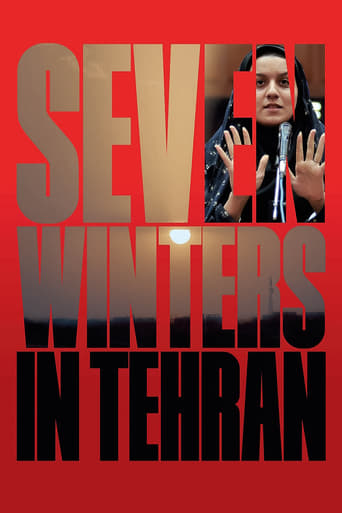
29 Mar 2023

After seven years in prison, a female student in Tehran is hanged for murder. She had acted in self-defence against a rapist. For a pardon, she would have had to retract her testimony. This moving film reopens the case.
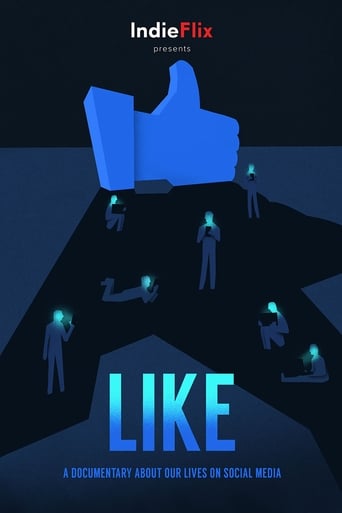
30 Nov 2018

LIKE is an IndieFlix Original documentary that explores the impact of social media on our lives and the effects of technology on the brain. The goal of the film is to inspire us to self-regulate. Social media is a tool and social platforms are a place to connect, share, and care … but is that what's really happening?

12 Nov 2025

Pauline, Norah, Kristina and others wait for hours, sitting under a hut deep in the Bois de Vincennes. In front of the administrative detention center (CRA) in Paris, they have all come to see their loved ones locked up. Lives on hold, awaiting deportation or release. On this stage, these women tell their stories, talk to each other, share their experience, their revolt and their dreams with new visitors. They are the mirror of migrant detention, its reverse view.
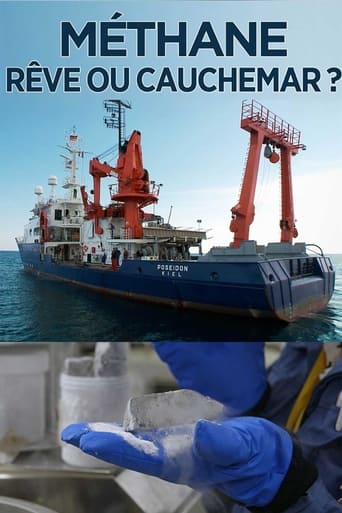
05 Dec 2014

No overview found
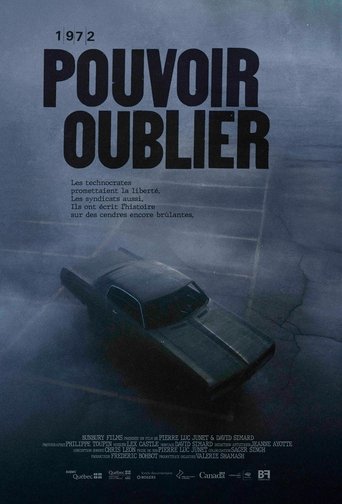
30 May 2025

Pouvoir Oublier is a political documentary first constructed from the words of the speakers whose lives changed on the tragic day of May 10, 1972 in Sept-Îles. Their word will be juxtaposed with archival material from the events, some of which are unpublished, which will reflect the collective euphoria in which Sept-Îles and all of Quebec were then bathed.

02 Jan 2016

Since the enactment of the Anti-Boryokudan Act and Yakuza exclusion ordinances, the number of Yakuza members reduced to less than 60,000. In the past 3 years, about 20,000 members have left from Yakuza organizations. However, just numbers can’t tell you the reality. What are they thinking, how are they living now? The camera zooms in on the Yakuza world. Are there basic human rights for them?
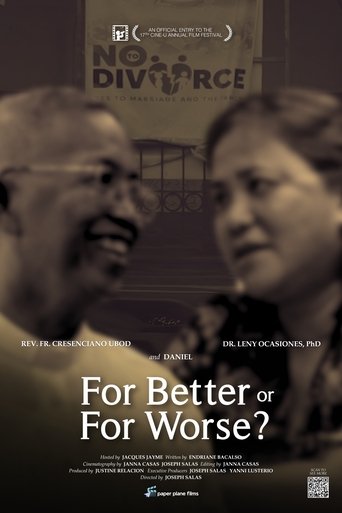
28 Apr 2025

The Philippines remains the only nation without legalized divorce. Through the perspectives of a controversial priest, a women's rights advocate, and a child of a separated couple, this documentary explores whether the legalization of divorce in the country would be for better or worse.
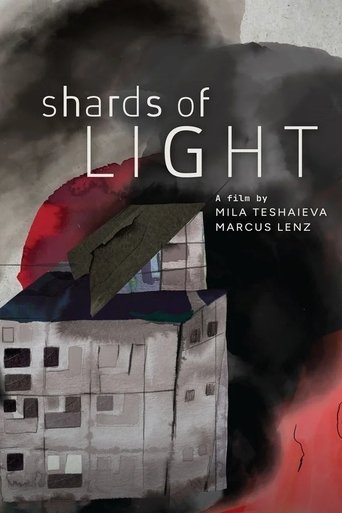
30 Oct 2025

The residents of Bucha, Ukraine, are rebuilding their city from the rubble after surviving the horrors of Russian occupation. A newly married couple, a schoolgirl, a city official, and an elderly housewife have all endured the painful experiences of war, yet they manage to hold onto hope and solidarity. But how do you rebuild in the wake of growing trauma, especially with war still raging in your country? As time hopes for a peaceful life fade, they must grapple with mounting tensions within their communities. Shot over a three-year period, the film is a follow-up to When Spring Came To Bucha, as five protagonists navigate the complex terrain of inner conflicts, trauma, and a longing for justice, posing questions about the future of a society at war.
20 Nov 2017
While some of them flirt with the limits, others are dropouts or in school reintegration, they are seventeen students to follow the Defense Class at the Japy vocational school in Lyon. An option of two hours per week provided by the military to these high school students in great difficulty. School and army, a rapprochement that may seem unlikely. In a society in loss of bearings, this course can allow these young people in lack of belonging to redefine "doing Nation". What values can the army instil in them? What will be the real scope?
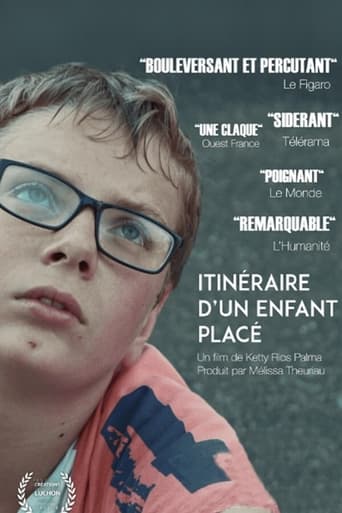
18 Sep 2017

Yanie is 14 years old, and the foster family who raised her is retiring. Social services believe that her mother, who is reintegrating after a prison sentence, is not yet able to take her back. So Yanie will move into a new family, with the risk that if things don’t work out, she could end up in a care home. This is an added challenge to all the others she faces, but perhaps also a chance to break away from the old patterns that weigh down her life. The film tries to capture this moment called resilience. Amid the turmoil of her existence, Yanie will develop defense mechanisms.

10 Oct 2018

No overview found
11 Dec 2017
No overview found
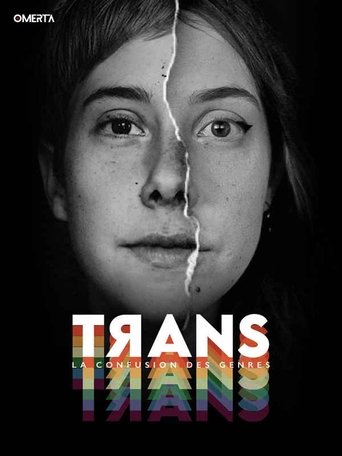
21 Nov 2022

No overview found